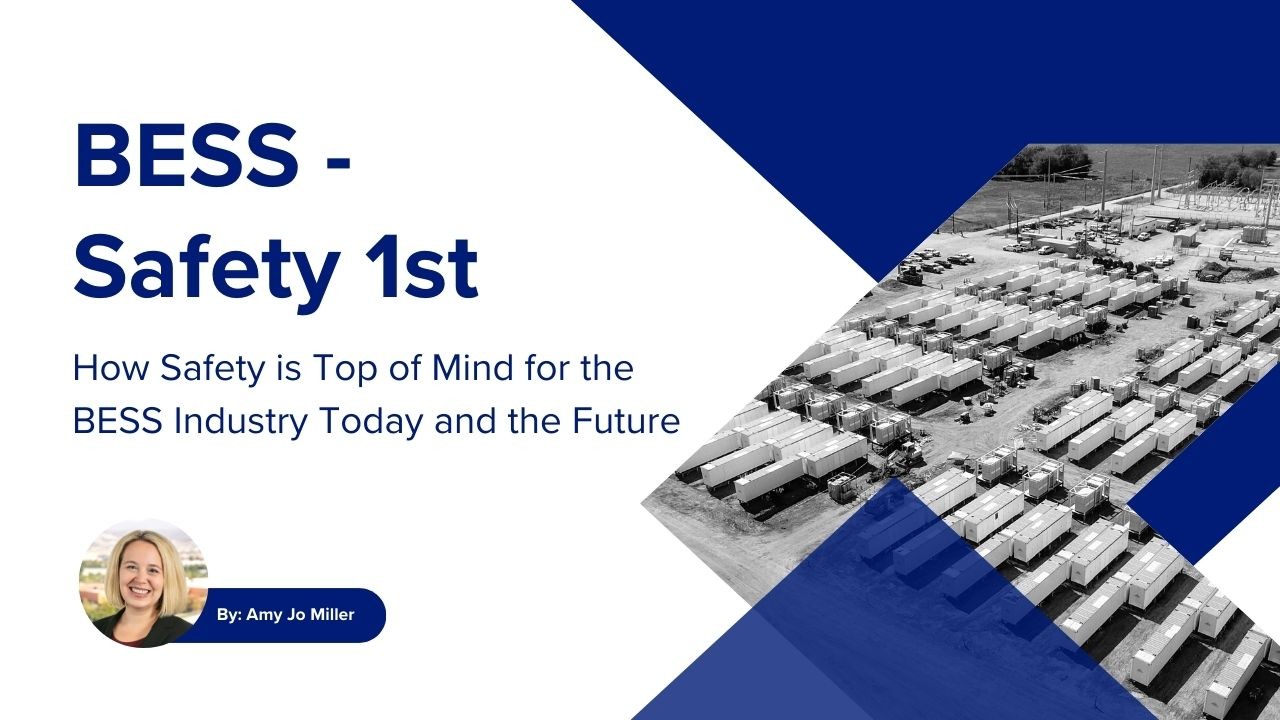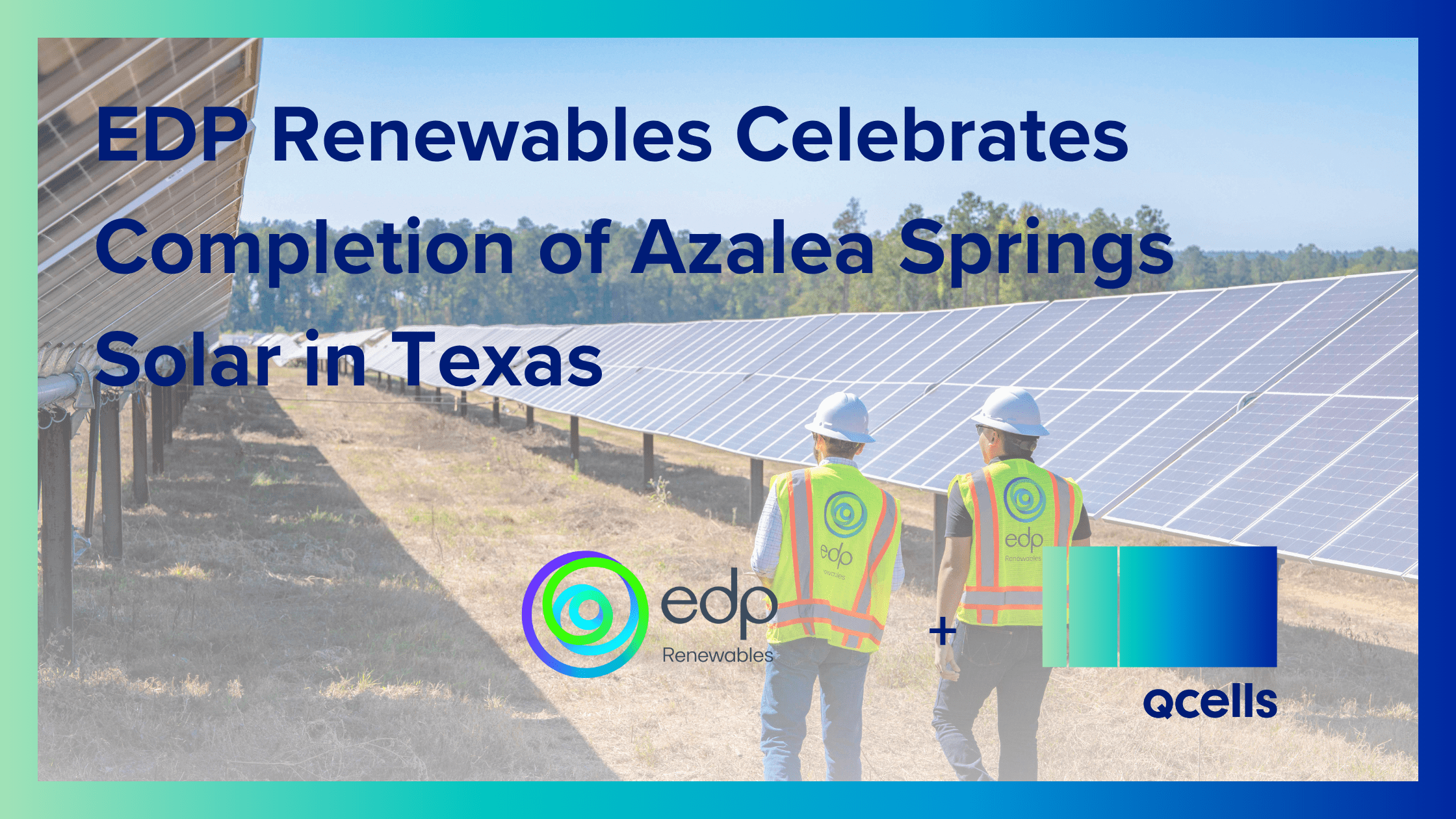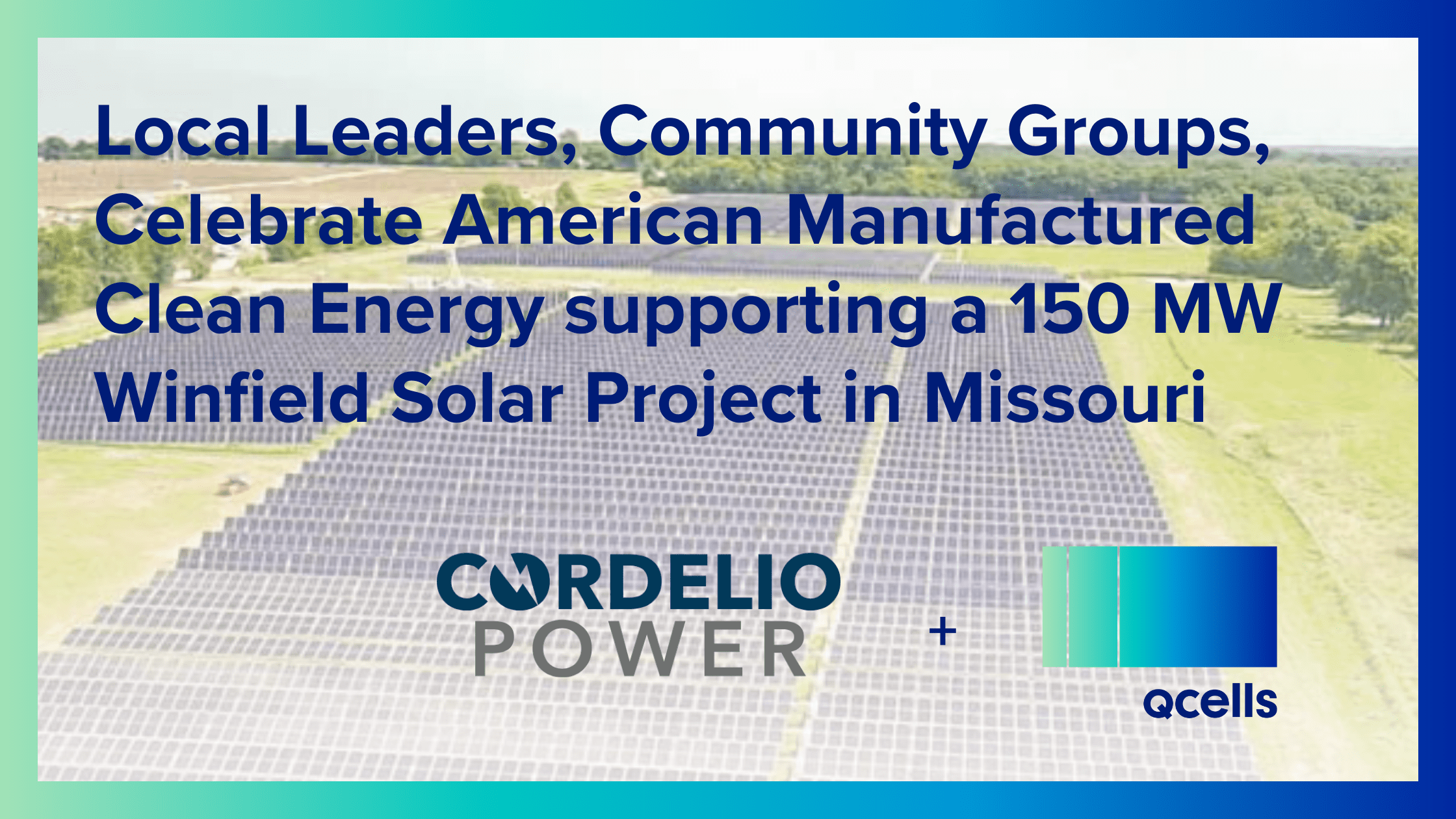It was my 17th year of my energy career that I got the chance to be part of the energy storage community with my employment at Qcells USA Corp. Qcells currently has over 7GWs of BESS (Battery Energy Storage Systems) in queues across the country. From my time working at an Independent System Operator, I know the value of having instantaneous energy during times of peak energy and/or contingency – sudden loss of load or generation. But how exactly is BESS reliable as well as safe? This article addresses BESS safety today and other options to explore to further educate and evaluate BESS safety.
How much BESS on the system today and expected in the future?
Per Energy Information Administration on 12/8/22: As of October 2022, 7.8 GW of utility-scale battery storage was operating in the United States; developers and power plant operators expect to be using 1.4 GW more battery capacity by the end of the year. From 2023 to 2025, they expect to add another 20.8 GW of battery storage capacity
What does safety look like today for BESS?
Qcells complies with the following NFPA standards that address Energy Storage Systems
a. NFPA 1, Fire Code, Chapter 52
b. NFPA 70, National Electrical Code, Article 706
c. NFPA 855, Standard for the Installation of Energy Storage Systems
d. NFPA 110, Standard for Emergency and Standby Power Systems
e. NFPA 111, Stored Electrical Energy Emergency and Standby Power Systems
Without having to read all of these codes, in summary Qcells:
1. Qcells works together with the local fire department to ensure all systems have appropriate safety features, such as sprinklers.
2. Qcells reviews supplier specifications and specifically the Emergency Management System (EMS), to ensure the system will detect any off-gasing, which can be a precursor to thermal runway.
3. Qcells complies with applicable federal, state and local safety rules.
Who tracks BESS events globally and how many BESS failures have occurred to date?
The Electric Power Research Institute (EPRI), an independent, non-profit energy research, development, and deployment organization with subsidiaries in Europe, the Middle East and Africa, has developed and maintained a battery energy storage system (BESS) failure event database. According to the database has of April 2023, there have been 58 BESS failures globally since 2011 with 21 of those happening within the first year of installation.
Does BESS Safety Equipment (such as fire suppression system) work?
Yes, as noted within an event listed on the EPRI database is the Valley Center Terra-Gen battery storage fire in April of 2022 where a single battery cell approximately the size of a DVD case caught fire and the fire suppression system worked according to design, as reported by The Escondido Times-Advocate’s sister publication The Valley Roadrunner.
What could BESS safety look like in the future?
1. A federal commission that reviews/studies BESS incidents, share information and best practices (similar to airline industry today)
a. Develop protocols on what to do after a safety incident such as a fire.
- Actions to consider: test site and nearby sites such as houses and buildings as well as grounds (on and nearby) to determine if the level of toxins is appropriate or not. If toxins are more than standard levels, mitigate to reduce toxin levels. The public should have access to results of these test regardless of outcome of the test. If test result(s) are unfavorable, then the public should know the action(s) and timeline(s) to reach appropriate toxin levels.
2. Developers to inform counties and local fire depts of various safety trainings on BESS (consultant safety training is provided by DMV, UL and others).
3. Developers Informing of AHJs (Areas having Jurisdiction) early of req. per NFPA 855 and do not wait till point of construction.
Conclusion
Safety is top priority and in top of mind for energy developers, energy providers, and grid operators. Qcells is open to work with industry colleagues to continue the development of safe best practices for BESS.





 USA & Canada
USA & Canada Korea
Korea Germany
Germany United Kingdom
United Kingdom France
France Italy
Italy Netherlands
Netherlands Greece
Greece Poland
Poland Portugal
Portugal Hungary
Hungary Spain
Spain Japan
Japan